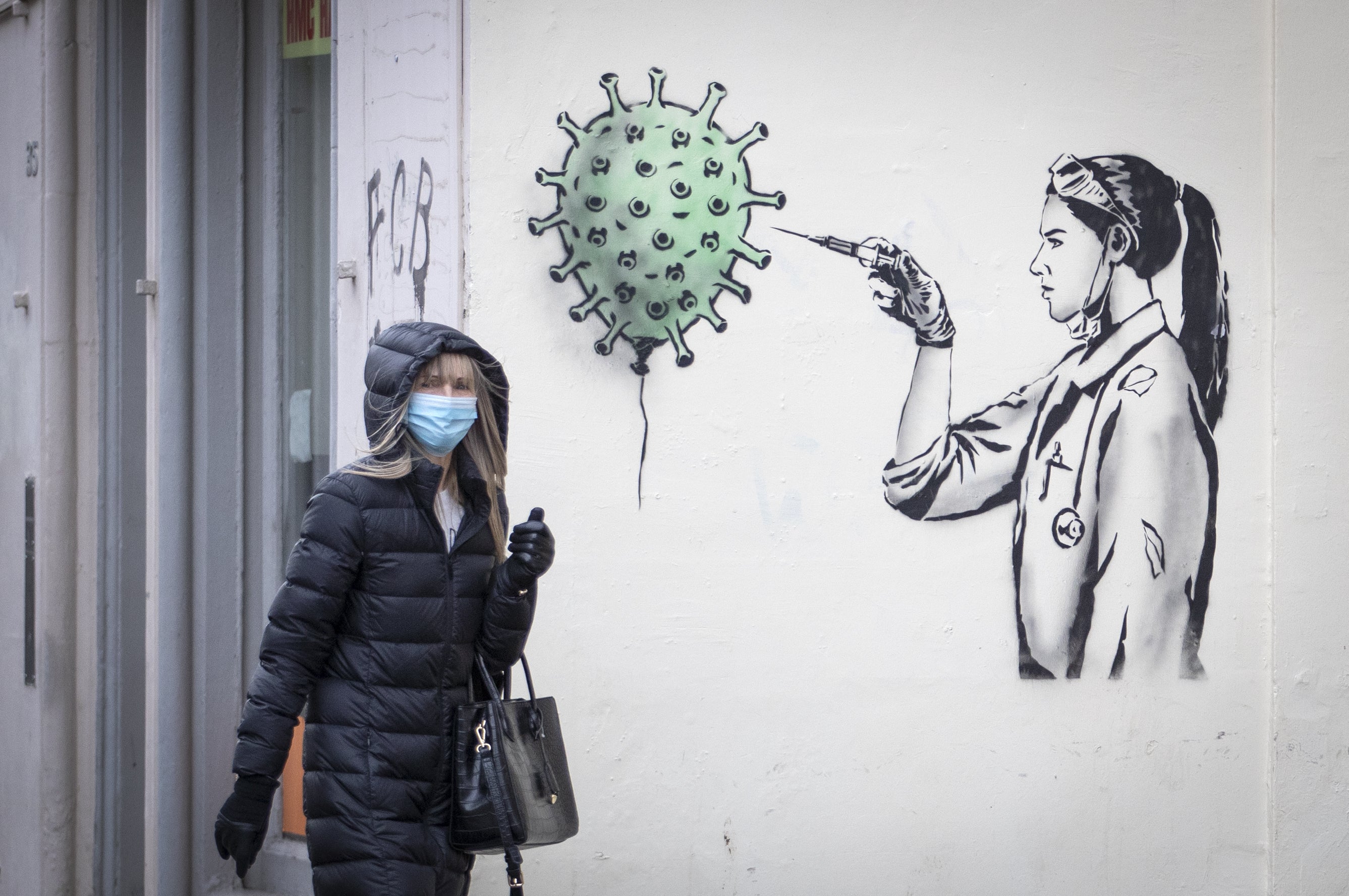Ending Covid self-isolation in Scotland ‘unwise’, expert warns
Boris Johnson has said he hopes to end the last domestic restrictions in England a month early if ‘encouraging trends’ continue.

Your support helps us to tell the story
From reproductive rights to climate change to Big Tech, The Independent is on the ground when the story is developing. Whether it's investigating the financials of Elon Musk's pro-Trump PAC or producing our latest documentary, 'The A Word', which shines a light on the American women fighting for reproductive rights, we know how important it is to parse out the facts from the messaging.
At such a critical moment in US history, we need reporters on the ground. Your donation allows us to keep sending journalists to speak to both sides of the story.
The Independent is trusted by Americans across the entire political spectrum. And unlike many other quality news outlets, we choose not to lock Americans out of our reporting and analysis with paywalls. We believe quality journalism should be available to everyone, paid for by those who can afford it.
Your support makes all the difference.It would “probably be very unwise” of Scotland to follow England in lifting the requirement for people to self-isolate if they test positive for Covid-19, a public health expert has said.
Prime Minister Boris Johnson on Wednesday announced his intention to scrap the legal duty later this month, as long as “encouraging trends” in the data continue.
Professor Andrew Watterson said the move south of the border is a “leap in the dark” and is creating confusion.
It's almost a big bang approach by the UK Government, a leap in the dark
The current self-isolation regulations in England expire on March 24 but Mr Johnson told MPs he expects to be able to end the last domestic restrictions – including the legal requirement to self-isolate if you test positive – a full month early.
Prof Watterson told BBC Radio Scotland’s Good Morning Scotland programme: “It’s almost a big bang approach by the UK Government, a leap in the dark.
“It’s not measured in terms of gradually relaxing the controls, it’s a big leap – but there’s also confusion because it’s quite clear that what’s being called for, and even the Prime Minister has said this, is not an end to self-isolation, it’s an end to the regulation about it.
“He is urging people to stay at home if they do test positive, so self-isolation is there, but the message is now getting really confused and nobody fully understands what the implications of it would be.
“So in that context with the figures that we’ve got on Covid, it would probably be very unwise of Scotland at this stage to go down that particular route.”
Prof Watterson, of the University of Stirling, said the approach in England is also different to elsewhere in Europe where countries have been following “low incident strategies”.
He said: “There’s an assumption that we can live with relatively high levels of Covid whereas the sort of policies that have been advocated across Europe have low incident strategies, so that means we need to push the levels down before we reach the position of saying, not that you can do what you like, but that you should be responsible.”
The Scottish Government has said the UK Government “failed to provide devolved nations with appropriate notice to consider implications ahead of the announcement by the Prime Minister” and is calling for clarity.
Scotland’s Health Secretary Humza Yousaf tweeted: “Let’s call it what it is, this announcement is an attempt to distract & deflect scrutiny over PM’s behaviour
“We haven’t seen detail (doubt they have thought it through) and have asked for public health advice this decision was based on, unsurprisingly it hasn’t been forthcoming.”
Scottish Conservative MSP Russell Findlay said “inevitably” there are “differences in opinion and differences in approach” between the different nations of the UK on dealing with Covid.
Speaking on Good Morning Scotland, he said Scots want to see “a return to normal”.
He said: “They want us to focus on the economy, on the jobs, they want us to focus on clearing the NHS backlog.”
Mr Findlay called for a “gradual return to normal” after almost two years of restrictions, adding: “We should see the end of face masks in schools.”
He said other countries such as Sweden had “moved significantly in the same direction” as the UK Prime Minister, adding: “Nobody wants to cling on to being under these restrictions for any longer than is necessary.
“Thanks to the booster we are now in a position to move forward and try to live with the pandemic and manage it in a more measured way.”